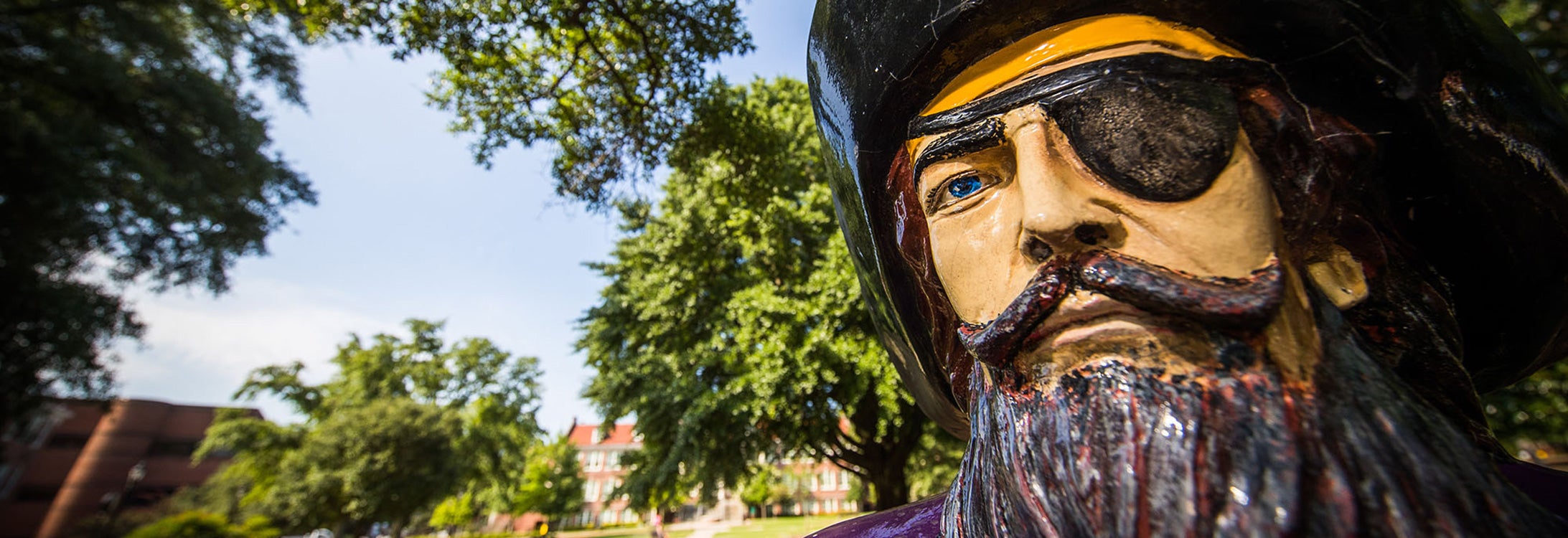Occupational Therapy
Occupational Therapists help people regain or learn daily living, leisure/play, and work skills. Each day is made up of tiny “jobs,” from getting dressed in the morning to eating breakfast to driving a car. For most of us, these jobs don’t seem like work at all, but things we do in order to simply live. However, many people have difficulties with these tasks because of developmental disabilities, or as a result of a debilitating disease or injury. Children and adults with any kind of disability or development delay may struggle with the “job of life.” they may have physical or mental problems that make it hard to do everyday things. Or, they may have suffered an injury or been in an accident. No matter what the cause, it is important for people to be able to do the activities that they need and want to do. Occupational therapists help people do those things.
Occupational therapists may work in hospitals, rehabilitation or mental health programs, public schools, nursing care facilities, community settings, private clinics, and physician’s offices, or even in industry preventing work related dysfunctions.
Therapists collaborate with individuals with permanent disabilities or temporary disabilities in the use of adaptive equipment, or design equipment needed at home or at work to maintain a high quality of life.
Pre-OT advising is available to current ECU students and ECU Alumni through the Center for Pre-Professional Advising.
Current ECU students are assigned a primary advisory who will guide them through their major and course selections. These students will also be assigned a pre-professional advisor as a secondary resource. The pre-professional advisor will help the student determine a timeline for completing the Pre-OT prerequisites and preparing for the graduate school application process.
Students possessing an undergraduate degree (from ECU or elsewhere) wishing to enroll at ECU to complete the prerequisite courses must first apply to the ECU Graduate School as a Non-Degree Graduate Student. Admission to the university does not guarantee a spot in the prerequisite classes. The student may have to obtain special permission from the department to register for the classes he/she needs. The pre-professional advisor will assist the student in course selection and a timeline for preparation.
Application Process
The application process varies by school. At ECU, you apply through OTCAS (the Occupational Therapy Centralized Application Service) and the ECU Graduate School, beginning July 15. Applications must be submitted by October 15. It is important to research OT programs early so you are aware of the requirements, processes, and deadlines because they vary from school to school.
You can find detailed instructions on the application process to ECU’s OT program using the button below.
Prerequisites
Students wishing to apply for the MS in Occupational Therapy must have an undergraduate degree (in any field) and the following prerequisites (these prerequisites are specific to ECU’s OT program. Other schools may have additional course requirements):
- Principles of Human Anatomy & Physiology I & II with labs – BIOL 2140, 2141 & BIOL 2150, 2151
- Statistics – BIOS 1500, MATH 2228, MATH 2283, or PSYC 2101
- Medical Terminology – HIMA 3000
- Philosophy course – PHIL 1175, 1180, 1500, or 2275 (pick one)
- Developmental Psychology – PSYC 3206
- Abnormal Psychology – PSYC 3375
- Intro to Sociology or Anthropology – SOCI 2110, or ANTH 1000 or 2200
Admission requires a minimum overall 3.0 GPA and minimum grade of “B-” in all prerequisite courses.
ECU OT Class Profile Fall 2024
Average undergraduate GPA of accepted students: 3.79
Averga prerequisite GPA of accepted students: 3.74
Average GRE of accepted students: 153 Verbal, 151 Quantitative, and 4.3 Writing
